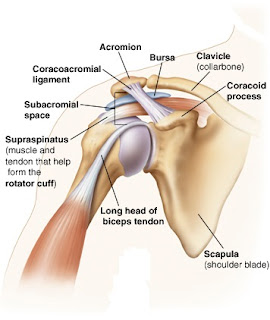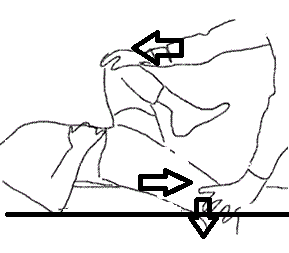Gender equity in Healthcare Sector.
 |
| image from google |
A medical school comprises of one-third of the male
population. Rest of the seats are all occupied by the females. If you are a
medical student, you’ll relate with me. Girls are in majority, in every healthcare
profession including but not limiting to Physicians, Dentists,
Physiotherapists, Occupational therapists, Psychologists, nurses. But how often
do you see a female surgeon? Or a female medical superintendent? As per the
population, a team of doctors must include 7 female doctors out of 10 members.
But this isn’t what happens. More females are graduating every year from a
medical school but how many of them are employed by the health care systems?
Except for the nursing profession which has a majority of female employees in
India, other branches of medicine lack female workers especially in head roles.
According to a study by WHO, 70% of the women make up the health work force but
only 25% are on senior positions globally.
Reminds me of an incident which made me change my decision.
I was offered a job
in a hospital based on my skills which were as good as the male competitor.
But, I wasn’t offered the position that I deserved and instead the male
physiotherapist did. Reason being,
1.
I am “not as strong and as resilient as the male
physiotherapist”,
2.
I am vulnerable to take more day offs,
3.
I may get ill more frequently,
4.
I might not be flexible for night shifts,
And the list goes on…
To your surprise, I and all other female
physiotherapists worked in the same hospital without a single leave, with
utmost resilience towards patients, lifting and guiding patients double our
body weights, performing duties on night shifts and that too without falling
sick even for a single day.
I
was offered another position in the same team though, but why would I
compromise because of who I am when I have everything it takes to be on that
position?
Pay gap exists in every profession, we
can’t limit it just to the healthcare sector. But, according to a report by WHO
(the global health workforce network) the pay gap in healthcare sector is 25%
higher than any other sector. Women agree to work at low wages because of the
financial crisis because of which are often mislead as inferior to men at work.
Gender discrimination, stereotypes and
biasness has not only affected the lives of women in India but all over the
world. It’s affecting our careers and our vision. Many a times, females are
also subjected to molestation and sexual harassment in the workplace. Lowering
the morale of a female health worker and shattering her in every possible way.
Gender inequality is leading to a shortage
of healthcare workers in the sector, because obviously only one-third of the
seats were taken by men, remember?
Now the question here is, how can we deal
with this male dominant health sector? Clearly it’s going to take a long time
to get this problem solved. All we can hope for is a change in employment
policies that allows equal job opportunities.
It’s not about offering jobs to more
females, all we ask for is offering the job to the one who deserves.
Women should be given more opportunities
because we are doing as well as men in every sector of the society. There need
to be a shift of concern of the authorities to this side of the society as
well, because it’s high time and we are lagging behind despite of the caliber.
It’s a loss of the healthcare as many helping hands are being restricted which
are highly capable of healing the sick. History is evident of the results that
women all over the globe in health profession have given. The transformations
are a proof that we are absolutely deserving of the lead roles whether it is
decision making, analysis or physical force.
Let’s hope more and more females believe in
themselves and their worth.
Take care,
Jasrah Javed.



Comments